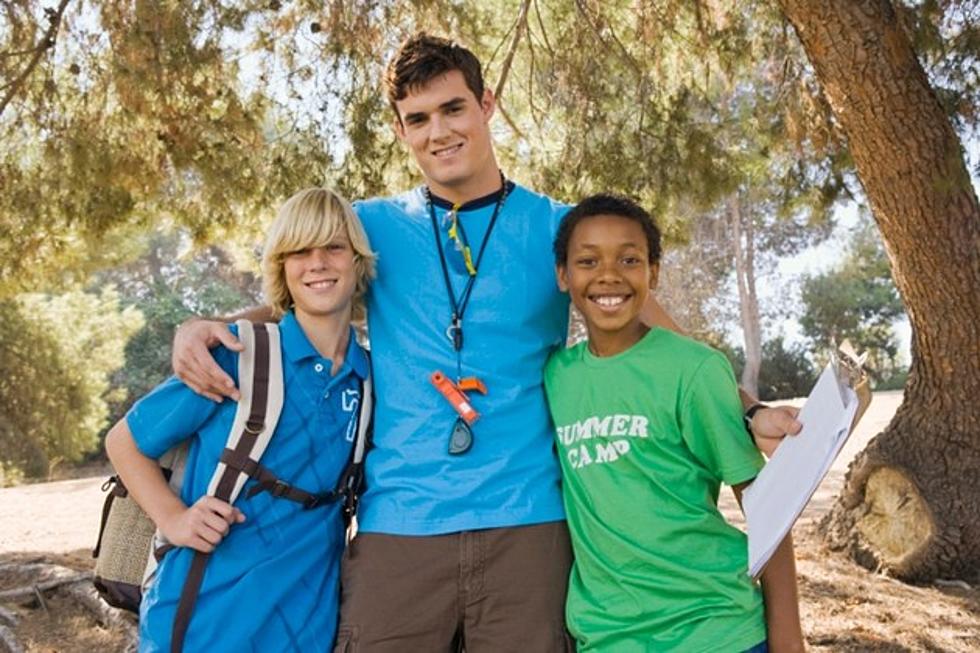
Deciding on pre-paying for sleepaway camp
Q. I send my two kids to sleepaway camp and they offer a 10 percent discount if I pay for next summer now. I would have to put it on a credit card. How can I tell if it’s worth it?
— Budget dad
A. There’s a lot to think about before you lay out a bunch of money that you don’t have.
A 10 percent discount sounds nice, but there are several things you need to know first.
Ask the camp about its refund policy, and get a copy in writing, said Michael Maye, a certified financial planner and certified public accountant with MJM Financial in Gillette. Also learn what you can about the camp’s financial stability.
Maye said if the camp does provide refunds for pre-payments, you need to learn under what conditions it will provide a refund, such as for any reason, or for a serious illness.
“Besides the allowable reasons for a refund, how much of a refund do they provide and with how much notice?” Maye said. “If the camp’s finances and their refund policy are both acceptable to you, I would next speak with your kids.”
Make sure the kinds enjoyed the camp and do in fact want to return for another season at the camp.
Assuming it all checks out, how can you tell if it is worth it?
Maye said in essence, you are giving up use of the money now and will be unable to earn something on those funds.
“For example if the camp costs $1,000, you would pay $900 after the 10 percent discount, saving you $100,” Maye said. “However, you have given up the opportunity to invest the $900 over the next 12 months.”
In today’s ultra-low interest rate environment, if invested, the $900 in a one-year Certificate of Deposit (CD) would earn roughly $9 assuming 1 percent interest rate, he said. Left in a regular bank account, it will earn even less.
So, Maye said, if the camp’s finances are good and it won’t be going bankrupt and your kids are raring to go, the 10 percent discount is a good deal.
However, if you have to borrow the money to get the 10 percent discount — especially with ahigh interest rate credit card — Maye said he wouldn’t do it.
That’s because you would probably be paying an interest rate above the 10 percent savings.
“Even if you don’t have to borrow any money, I also wouldn’t exhaust all of my emergency cash reserves for the discount,” Maye said. “As we all know, as soon as you do that, something `unexpected’ will happen and you will end up borrowing money to take care of it.”
Email your questions to ask@njmoneyhelp.com.
Karin Price Mueller writes the Bamboozled column for The Star-Ledger and she’s the founder of NJMoneyHelp.com. Click here to sign up for the NJMoneyHelp.com weekly e-newsletter. Like NJMoneyHelp.com on Facebook and follow it on Twitter.
More From New Jersey 101.5 FM






![Summer Camp Prices in NJ Remain Steady [AUDIO]](http://townsquare.media/site/385/files/2014/03/RS2966_106456110-scr.jpg?w=980&q=75)


